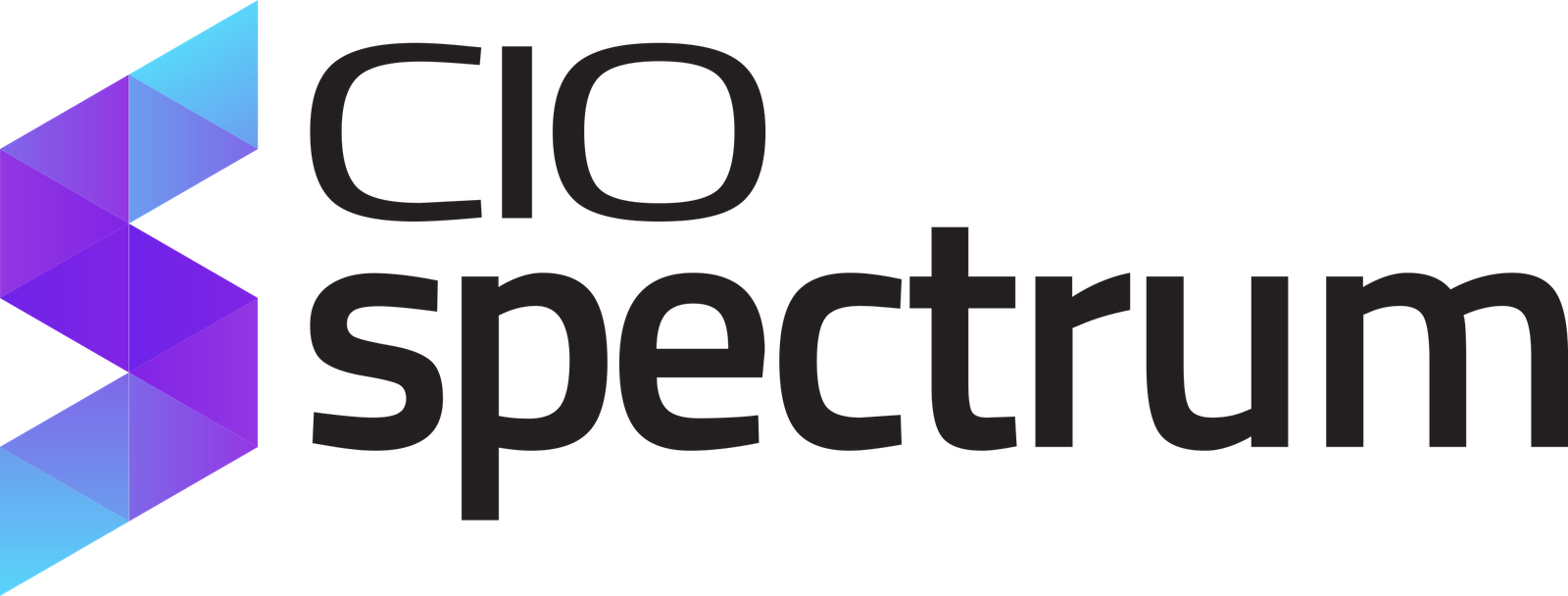In the fast-paced world of technology, the role of Chief Information Officers (CIOs) in Canada has evolved significantly. As we step into 2024, the responsibilities of CIOs continue to expand, and they play a pivotal role in driving innovation and ensuring organizations remain competitive in the digital age. The year 2024 presents a unique set of challenges and opportunities for CIOs. In this article, we will explore the top five priorities that are expected to shape the agendas of CIOs in Canada throughout the year.

Cybersecurity and Data Privacy
One of the foremost priorities for CIOs in 2024 is cybersecurity and data privacy. The threat landscape has become increasingly sophisticated, with cyberattacks growing in frequency and complexity. Protecting sensitive data and ensuring compliance with data privacy regulations is paramount. In Canada, this includes adherence to the Personal Information Protection and Electronic Documents Act (PIPEDA). Internationally, the General Data Protection Regulation (GDPR) of the European Union remains a significant consideration.
To address these challenges, CIOs must invest in cutting-edge cybersecurity technologies, develop robust incident response plans, and ensure that employees are well-trained in cybersecurity best practices. As the volume of data continues to grow exponentially, data protection strategies need to be adaptable and scalable to stay ahead of emerging threats.
Cloud Adoption and Management
The shift to cloud computing has been ongoing for several years, but in 2024, CIOs are tasked with refining their cloud strategies to align with evolving business needs. The cloud offers scalability, flexibility, and cost-effectiveness, but successful cloud adoption requires careful planning and management.
CIOs must make strategic decisions about which workloads and applications to migrate to the cloud, select appropriate cloud service providers, and manage cloud resources efficiently. Hybrid and multicloud strategies are gaining prominence, presenting additional complexity. To optimize cloud spending and maintain data portability, CIOs need to establish robust governance frameworks and ensure their organizations are agile in adapting to new cloud technologies.
Digital Transformation and Innovation
Digital transformation remains at the core of CIO agendas in 2024. Organizations continue to leverage technology to enhance customer experiences, streamline operations, and foster growth. Emerging technologies such as artificial intelligence (AI), blockchain, and the Internet of Things (IoT) are reshaping industries. CIOs need to identify which of these technologies can provide tangible business value and should encourage innovation.
Creating a culture of innovation is essential. CIOs should collaborate closely with other departments to identify opportunities for digital initiatives that align with the organization’s strategic goals. It’s not just about adopting the latest technology; it’s about leveraging technology to transform business processes, deliver value to customers, and stay ahead in a competitive market.
Talent Acquisition and Development
In an era of rapid technological advancement, attracting and retaining top IT talent is a critical challenge for CIOs in Canada. Competition for skilled professionals is fierce, making it essential for CIOs to develop comprehensive talent acquisition strategies.
Offering competitive compensation packages is just the beginning. CIOs should provide opportunities for professional development and growth within the organization. Building a workplace culture that fosters innovation and creativity can also be a key differentiator. CIOs need to work closely with their HR departments to identify and nurture talent while creating an environment where IT professionals feel valued and motivated.
Regulatory Compliance and Ethics
As technology evolves, so does the regulatory landscape. CIOs must navigate a complex web of regulations and ethical considerations. Compliance with data protection laws, environmental regulations, and ethical principles in technology development is non-negotiable. It’s not just about staying on the right side of the law; it’s about operating ethically and transparently, aligning with broader societal expectations.
For Canadian organizations, compliance with PIPEDA and international standards like GDPR is crucial. Additionally, ethical considerations in technology, including responsible AI development and environmentally sustainable practices, must be integrated into technology strategies and decisions.
In 2024, CIOs in Canada face a set of priorities that reflect the rapidly evolving digital landscape. Cybersecurity and data privacy, cloud adoption and management, digital transformation and innovation, talent acquisition and development, and regulatory compliance and ethics are the top areas where CIOs must focus their efforts to ensure their organizations remain competitive, secure, and innovative.
Successfully addressing these priorities will not only drive business growth but also position CIOs as strategic leaders in their organizations, contributing to long-term success. Adaptability and agility will be key attributes for CIOs as they steer their organizations through the digital challenges and opportunities that lie ahead. In a world where technology continues to shape the future, CIOs in Canada are at the forefront of driving positive change and innovation.



